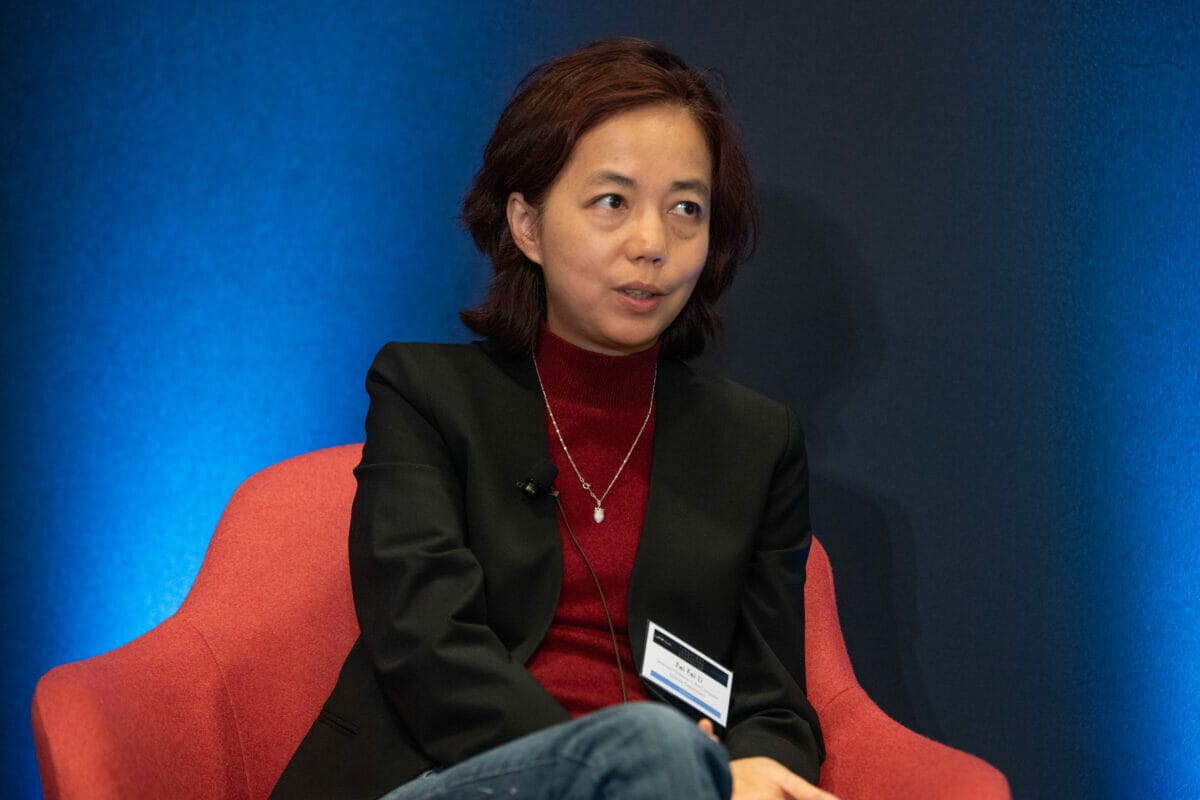After a slow and steady research and development phase, the “big bang” moment of last year’s ChatGPT launch will kick off a slew of innovations that could rival the internet for their profitable application to investible businesses, says tech equity analyst Owen Hyde of Jennison Associates.
After a slow and steady research and development phase, Owen Hyde of Jennison Associates expected a slew of investible artificial intelligence innovations to come to market.
The New York-based tech equity analyst told the Fiduciary Investors Symposium at Stanford University on Wednesday that the launch of Microsoft-backed OpenAI’s ChatGPT tool in November last year was a “big bang” moment for institutional capital to begin flowing to artificial intelligence ventures.
“The question is how fast we go from R&D to production,” Hyde said. “I think it can be as big [as the internet] because it’s a new platform, in the same way the internet was a new platform you can build on top of.
“There’s fundamentally new capabilities that you can have when you’re able to generate text or generate images, and I’m not smart enough to be able to guess what all those applications are going to be. But I know we’ve seen some interesting stuff early on.”
Hyde, who was previously an analyst at JPMorgan, said the AI sector was on the cusp of a major innovation as “multimodal” applications – i.e. tools that can take multiple inputs and generate multiple outputs – begin to launch to the public, possibly before the end of 2023.
“Right now, we can see a handful of pretty clear opportunities in the app space but we think we’re also going to find out that there’s stuff that we haven’t thought of yet. And that’s where I am getting really excited because there’s opportunities.”
He anticipated that enterprise-facing AI applications would be the first serious investible proposition, singling out existing software providers who are able to help clients boost productivity by harnessing AI technology would be obvious early winners. But he said there were also plausible consumer use cases in the near to medium term, including personal assistants who might answer questions or assist with administrative tasks such as booking travel, although he added there may be a “behavioral” hurdle to consumer take-up of AI tools.
However he said the sector faced considerable regulatory risk, given its nascent status and government concerns about AI-generated misinformation or “hallucinations”.
“I worry about something happening that creates an issue for the whole industry and gives it a bad name,” he said. “And that regulation has to come in after the fact and goes over the top.”
He dismissed concerns that AI may replace many human jobs, which may create populist obstacles to its rollout, saying any serious discussion of replacement technologies for existing parts of the workforce were at least five years’ away.
And, even if it were to replace some menial tasks, Hyde suggested some economists and investors may welcome that development anyway.
“Employment growth may slow … but that’s somewhat healthy,” he said. “That might be a deflationary force in what has been a very inflationary environment.”



